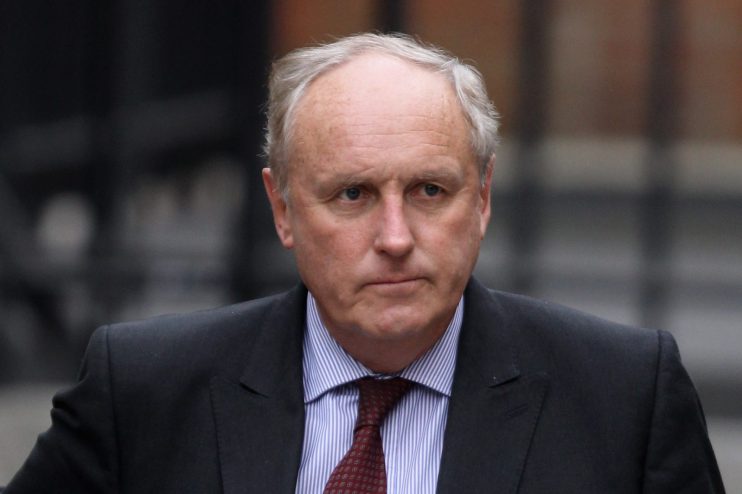Forget the BBC, as Ofcom chair Paul Dacre would get his teeth into tech

Almost a year after Priti Patel vowed to make Ofcom a regulator with teeth, the government looks poised to appoint Fleet Street Rottweiler Paul Dacre as its new chair. No one could accuse her of underdelivering.
For many, Dacre’s political leanings (characterised by some as so far to the right as to be almost horizontal) and reputation as former terroriser-in-chief at the Daily Mail make him an uncomfortable candidate to head up a politically-neutral regulator. To make matters worse, his mooted appointment has been framed firmly in the context of the bitter row over the BBC, with the veteran journalist tipped as some sort of enforcer in Boris Johnson’s war on Auntie.
But while these accusations of Beeb-bashing may have held some truth for Charles Moore, who was briefly linked to the BBC chair role, they simply don’t hold up for Dacre. Quite apart from his previous claim that he would “die in a ditch” defending the BBC, the backlash misses the point of what Ofcom and its chair actually does.
The BBC does, of course, make up a big chunk of Ofcom’s work. It is currently carrying out a review into the future of public service broadcasting, which is looking at how the organisation — alongside Channel 4, ITV and others — can continue to meet its obligations and survive in the modern media landscape. But the key threat to the BBC is a squeeze on its licence fee funding model, and this will come down to negotiations with the government. When it comes to defunding the BBC, Dacre had a lot more sway from the Mail’s Kensington headquarters than he would from Riverside House.
More importantly, though, Ofcom is on the verge of the biggest overhaul since its inception, as it takes on new responsibilities as the first ever internet regulator. As ever, regulation comes limping along after innovation, and the UK is finally starting to face up to the seemingly inexorable ascent of Silicon Valley tech giants. Ofcom will be on the front line of this battle.
From issues of free speech, to the spread of harmful content and misinformation and an absurdly uncompetitive online advertising market, there is a litany of problems for the regulator to tackle in its new role, and working out how exactly this will work in practice is the biggest job facing the new chair.
This is where Dacre comes in. Given his background in print newspapers, the would-be regulator’s credentials as a digital guru may leave something to be desired, but there can be no doubts about his views on tech. Years of watching the major platforms cannibalise his ad revenues have left the veteran hack with a distinctly anti-tech taste in the mouth.
The flurry of concern about the BBC, then, seems misplaced. As the regulator takes up its new online harms role, it’s Silicon Valley that will be at the sharp end of its powers, not W1A. So if Dacre does take up the mantle at Ofcom, it’s the tech firms who should really be scared.